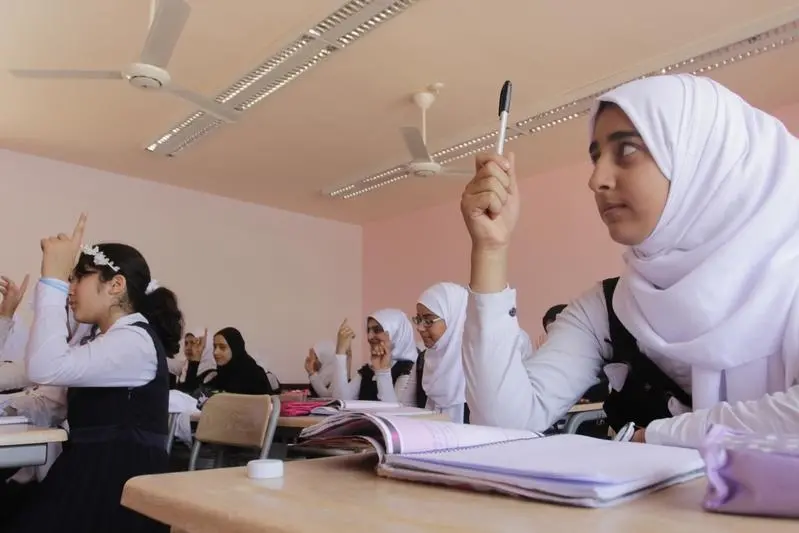PHOTO
Saturday, Jan 28, 2017
Manama: Expatriate teachers in Kuwait would be sacked if they give private tuition to students without the approval of the education ministry.
“Legal measures will be applied against any expatriate teacher who does not comply with the regulations that ban giving private tuition without the expressed approval of the ministry,” Education Ministry Undersecretary Haytham Al Athari said. “The legal measures include terminating the teacher’s contract. The ministry is genuinely keen on banning the phenomenon of private tuition that violates the laws and regulations.”
The official told Kuwait News Agency on Monday that employees were barred from taking up jobs other than their professional occupation unless they obtained a formal permission.
“Those who break the regulations will have to face disciplinary measures,” he said.
According to the Central Statistics Bureau, 30,915 non-Kuwaitis, including 17,110 women and 13,805 men, were employed by the Ministry of Education in 2015.
The figure is highest in any of the state ministries and is followed by the Ministry of Health with 29,814 foreigners.
Kuwait’s education authorities have regularly issued warnings against private tutoring in a bid to stem the growing phenomenon and contain its grave social and economic implications.
Guided by the belief that they cannot pass their end of the year exams without assistance from private tutors, students have been rushing to ensure they are included in small study groups if they cannot have individual tutoring. For parents keen on the success of their sons and daughters, private tuition has become the default option.
In 2014, a lecturer at a university in Kuwait warned against the booming of private tuition, saying it was spreading to all stages of formal education and causing a deplorable social and economic situation.
“The problem of add-on education has moved up from high schools to universities and the phenomenon is increasing,” Gazi Al Rashidi, a professor at the University of Kuwait, said. “Students now pay up to KD150 (Dh1,950) for one hour of private tuition and tutors are making fortunes, raking in up to KD500 (Dh6,500) a day or KD15,000 (Dh195,000) a month,” he said.
“This has created a new culture. Today, several university teachers are booking tables in restaurants and high-class cafés in Kuwait City for the private courses. Most courses cost KD150 (Dh1,950) per hour, so tutors who spend six hours a day giving private lessons make KD900 (Dh11,720) day in day out. In one case, a teacher made KD1,000 (Dh13,000) in one day of private tuition. Should he continue doing this, he will be a millionaire within two years,” he said.
The financial onslaught is extremely heavy on families and the situation could be compounded in the future, he warned.
“During exam days, families have to put aside more than KD800 (Dh10,400) to finance the private courses, especially that the tuition is no longer limited to science subjects. This phenomenon is now turning into a general culture in Kuwait as parents seem helpless and the authorities are lapsing into silence,” he said. “Private tuition is in fact a black market where parents and students are pushed in order to secure success. Teachers are of course taking full advantage of the situation, seeking to make easy gains in the shortest time possible. All this is a clear indication of deficiencies in the educational system in Kuwait,” he said.
Al Rashidi added that the social and economic consequences are far too important to be ignored and stressed the need “to stop this haemorrhage and prevent education from turning into a way to make easy money by selling the illusion of success to students and compromise their future.”
By Habib Toumi Bureau Chief
Gulf News 2017. All rights reserved.





















